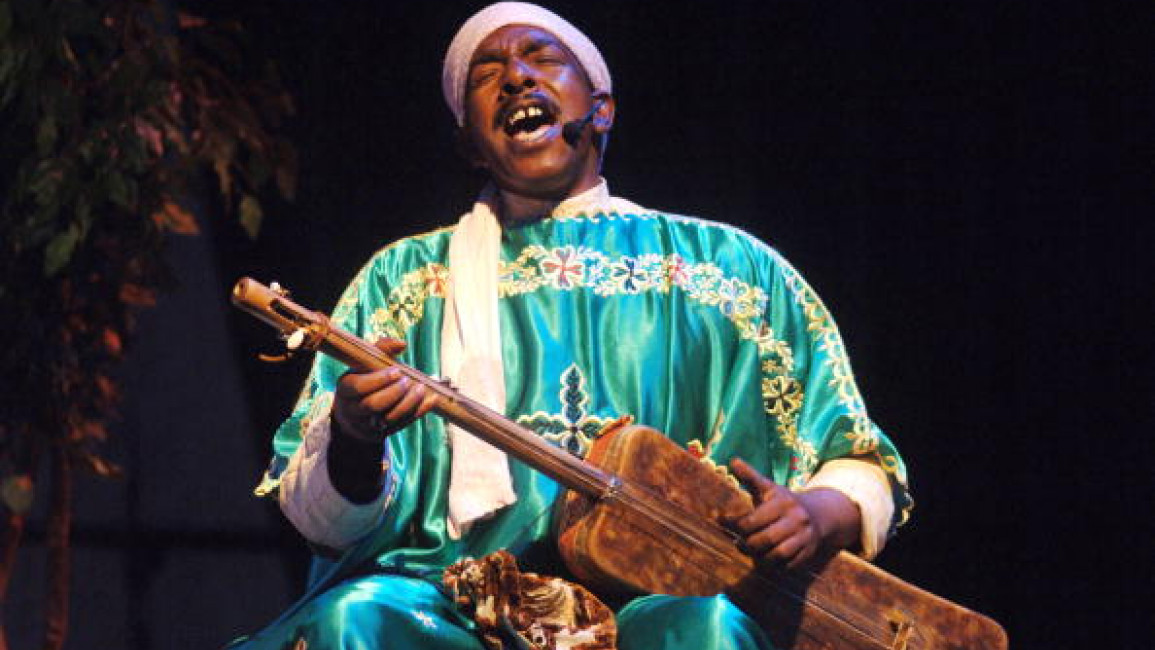'The rhythms of the oppressed': Gnaoua music festival returns to Morocco this summer
After a two-year hiatus due to the COVID-19 pandemic, the Gnaoua (also known as Gnawa) music festival is set to return to Morocco this summer, suggesting that the country is ready to go back to normal, announced Moroccan media over the weekend.
Planned to be held on 3 June, a "special edition" of the music festival is scheduled to tour four cities across the Moroccan kingdom and will host more than 150 renowned Maâlems (masters of Gnaoua music) as well as musicians from fifteen countries, mainly from the African continent.
The festival is set to start in the land of Gnaoua music: Essaouira city.
Situated at the Atlantic seaside in the centre-west of Morocco, Essaouira, Mogador, was a key hub for slave trade ships coming from sub-Saharan Africa during the 11th century.
Gnaoua music, reportedly originating from the word Guinea, began as a bitter ritual by enslaved people who sang about their misery and daily concerns away from their homelands.
Today, in the land where their ancestors were traded, musicians retell the history of oppression and their desires for freedom through a variety of rhythms.
In addition to playing the drums and a three-stringed bass called "the hajhouj", Maâlems play the krakebs, a two-piece instrument held together by a thread in place of the metal restraints that once bound their ancestors' hands.
Like jazz and blues, Gnaoua is a genre of music that permeated marginalised neighbourhoods for decades before grabbing international attention.
Over the past years, an estimated 500,000 people annually flocked to the medina (old town) of Essaouira to attend the three-day festival.
Last week, Morocco eased travel restrictions in a bid to boost the Covid-hit tourism sector ahead of the summer season.
As further compensation for the two-year-long absence, this year's festival will run for 21 days and will tour Essaouira, Marrakech, and Casablanca, concluding in Rabat with a tribute to jazz music.
A variety of artists from Morocco, Algeria, Guinea, Mali, Cuba and other countries will attend the festival. Namely, the renowned Moroccan master Hamid El Kasri, the Cuban musician CimaFunk and the Malian artist Fio Varca Touré, nicknamed "The Hendrix of the Desert".
An Israeli jazz bassist Avishai Cohen is also set to attend the festival on June 23 in Rabat. Unlike other artists, the festival's communiqué published by Moroccan media did not mention Avishai's nationality. His attendance has yet to trigger any backlash.
A large number of Moroccans, particularly the younger generations, continue to protest the normalisation with Israel which began in late 2020.



